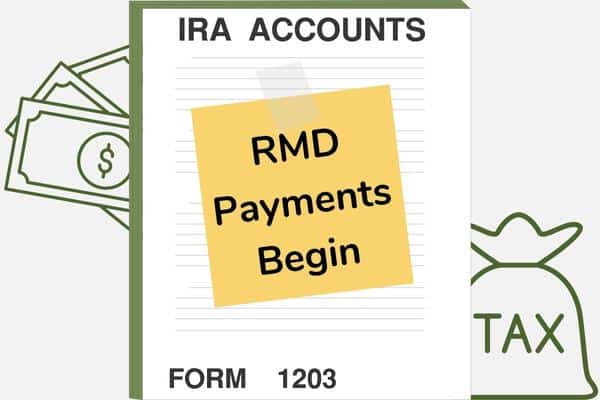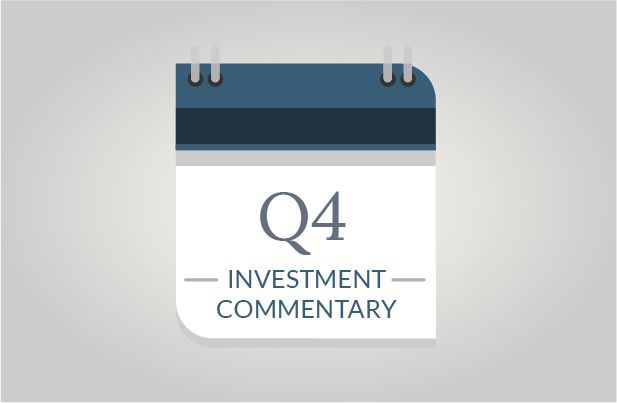A $900 billion pandemic relief bill was recently signed into law, just as several aid programs from the CARES Act were set to expire. This latest measure is the second-largest stimulus package ever after the $2 trillion CARES Act passed at the end of March 2020. This newest package includes direct cash payments and enhances federal unemployment benefits. In addition, it extends aid money for small businesses, schools and child care, as well as for vaccine distribution.
A Second Round of Stimulus Checks
The December 2020 relief bill includes direct stimulus payments of $600 per eligible person, including adults and children under age 17. The payments phase out for Adjusted Gross Incomes (AGI) between $75,000 – $87,000 for individual filers and for AGI’s between $150,000 – $174,000 for married filing jointly. Phaseout amounts could be higher for families with multiple dependents.
Stimulus check qualification will be based on AGI from 2019 tax returns. Taxpayers who don’t qualify based on their 2019 AGI, but whose AGI dropped enough to qualify in 2020, can claim a credit through their 2020 tax returns. If a person receives a payment based on their 2019 AGI, but then has a higher 2020 AGI (such that they should have been phased out), they can keep their stimulus payment without repayment.
Many CARES Act Provisions Extended into 2021
Expanded Unemployment Benefits
The pandemic relief bill extends additional Federal unemployment benefits of up to $300/week through March 14, 2021. The extension for Pandemic Unemployment Assistance, which targets part-time and gig workers (who did not qualify for state unemployment insurance benefits) runs through April 5, 2021.
Rental Assistance and Eviction Moratoriums
The bill extends until January 31, 2021 a moratorium on evictions that was slated to expire at the end of 2020. It will also help guard against evictions by providing $25 billion to state and local governments to help qualified renter households pay for rent and utilities.
Retirement Plan Withdrawals
The new law made a permanent provision allowing victims of officially declared disasters to take withdrawals of up to $100,000 from their IRA and 401(k) Plan assets. These withdrawals can be included in taxable income or repaid to the account over a period of up to 3 years. Those who are under age 59½ can access the money without the usual 10% early withdrawal penalty.
Medical Expense Deductions
The December 2020 law enacted a permanent threshold of 7.5% of AGI for deducting medical expenses. This threshold was scheduled to have risen to 10% in 2021.
Charitable Deductions
In 2020, the CARES Act created a $300 above-the-line charitable deduction for non-itemizers. This amount is fixed at $300 per tax return (the same deduction whether you are single or married). Under this latest bill, the above-the-line charitable deduction for non-itemizers remains at $300 for a single taxpayer and increases to $600 for married filing jointly in 2021.
The bill also extends the ability for taxpayers who itemize deductions on Schedule A to deduct charitable cash donations up to 100% of AGI through 2021 (available in both the 2020 and 2021 tax years).
Relief for Businesses
The bill includes more than $284 billion for first and second forgivable Paycheck Protection Program (PPP) Loans. In addition to the new round of funding, the original PPP program will reopen for those who didn’t receive assistance in the first round of funding. Only those who have already received a PPP loan under the original program and have spent the money may be eligible to receive a second round of funding.
- The new funding includes expanded eligibility for non-profits, news outlets, churches and faith-based organizations.
- The package provides $15 billion for the entertainment industry, including independent movie theaters, entertainment venues, music clubs and cultural institutions.
- Some of the PPP funding is reserved for very small businesses, as well as lending through community-based lenders and minority depository institutions.
- Businesses that received PPP loans and had them forgiven will be allowed to deduct the costs covered by those loans on their federal tax returns.
The deal includes $20 billion for targeted grants through the Small Business Administration’s Economic Injury Disaster Loans (EDIL) program.
The package also includes a tax break for corporate meal expenses. There is a 100% deduction for business meal and beverage expenses provided by a restaurant in 2021 and 2022, up from 50% in 2020. This applies to delivery and carryout meals as well.
Employer Payment of Student Loans
The original CARES Act afforded employers the ability to provide employees up to $5,250 tax free to pay for qualified student loan debt. This benefit has been extended through 2025, allowing employers to provide employees $5,250 annually for such assistance.
Flexible Spending Accounts
One of the bill’s new benefits is relaxed rules on Flexible Spending Accounts (FSA). Participants can now carry over unused funds from 2020 into 2021, and from 2021 into 2022, or for up to 12 months for companies who use fiscal years. For dependent-care accounts, the law extends the age limit from 12 to 13 for some carried-over funds. It’s important to note that company plans must often opt into the new rules for their workers to take advantage of these changes.
Additional Benefits
Other new benefits include money for vaccine distribution, schools and child care assistance, transportation, and assorted other measures, including increased access to broadband and nutritional and agricultural programs.
Repayment of Deferred Payroll Taxes
An executive order was signed in August 2020 allowing employees to defer their portion of Social Security taxes to increase cash flow. However, many private industry employers did not allow for payroll deferral, but the federal government did. As a result, many federal employees under certain income thresholds were forced to defer their portion of Social Security tax. The IRS originally issued a notice requiring all deferred taxes to be repaid by April 30, 2021. The new rules allow for repayment until 2021 year end.
Exclusions
There are, however, a few items that were not addressed in the new bill. The CARES Act included the ability to skip taking taxable Required Minimum Distributions (RMDs) for tax year 2020. The most recent bill does not include an extension to the temporary waiver of RMDs. Therefore, all individuals who are required to take a 2021 RMD should be prepared to do so.
The CARES Act also provided relief to federal student loan borrowers (FAFSA) in the form of deferral of required payments until September 30, 2020. During this period no interest accrued on the loans. This was later extended by executive order through the end of 2020, then again through the end of January 2021. The most recent bill does not include any further extensions.
SageVest Wealth Management cares about our clients, our community and our country. We encourage you to share these resources with anyone you know who is impacted by the coronavirus. We also invite you to read our additional articles about managing financially during the pandemic.




